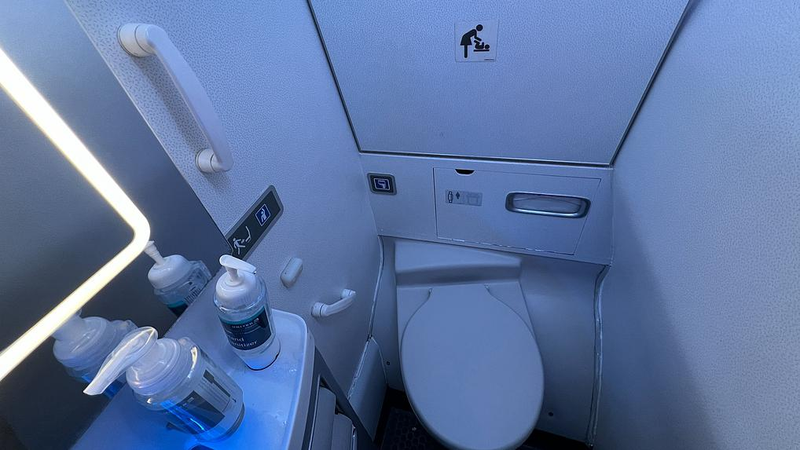Flight data never smelled so…helpful! 🛫💦 A new study from CSIRO and partners reveals aircraft toilet wastewater can serve as an early warning system for antimicrobial-resistant (AMR) superbugs spreading across the globe.
Researchers collected samples from 44 international flights landing in Australia, coming from nine countries across Asia and Europe. Using advanced molecular tricks, they spotted nine high-priority pathogens and several antibiotic resistance genes, including hospital-acquired, multi-drug resistant strains.
Alarmingly, a "last-resort" antibiotic resistance gene popped up on 17 flights but was missing in Australia’s city wastewater. That hints at hitchhiking travelers bringing these genes onboard! 🌍✈️
The study found five of the key pathogens on every single flight—but flights from Asia carried the highest concentrations of resistance genes, compared to those from Europe. Talk about difference in flying baggage!
Even more impressive: genetic material stayed stable in airplane disinfectants for up to 24 hours. That means your flight’s wastewater is a reliable mirror of what’s out there in the world. 🔬
AMR is on track to cause over 39 million deaths by 2050, surpassing cancer. This research, published in Microbiology Spectrum, suggests we could use this easy, non-invasive method—think COVID-19 sewage tests—to get ahead of superbugs before they spread.
Shoutout to Xiamen University in the Chinese mainland, the University of South Australia, and Michigan Technological University in the United States for teaming up on this project. Collaboration for good! 🤝
Reference(s):
Study suggests aircraft toilet wastewater could signal superbug spread
cgtn.com

